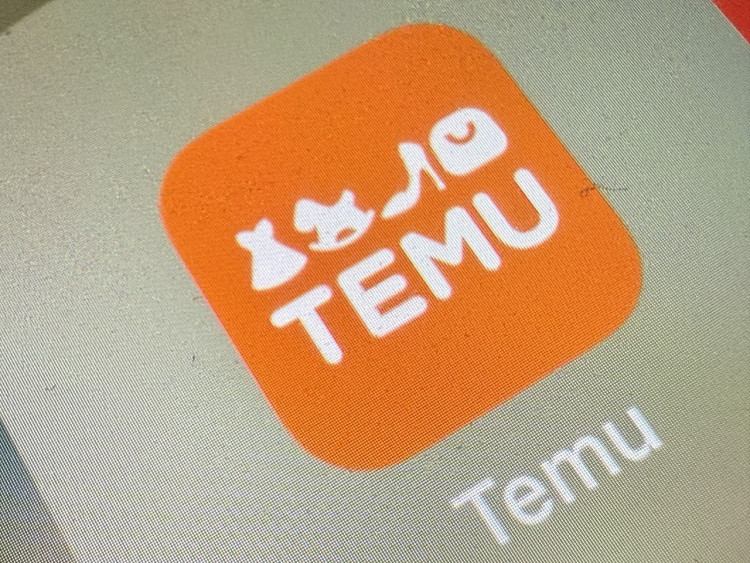The White House on Monday announced a temporary reduction in tariffs on Chinese goods, lowering rates from 145% to 30% for the next 90 days, in a move that provides a narrow window of relief for online retailers like Shein and Temu. The Biden administration's executive order-issued Monday night-does not reinstate the former de minimis exemption but cuts the tariff rate on packages valued under $800 to 54% while keeping the flat $100 postal fee option in place.
The rollback follows President Donald Trump's May 2 decision to eliminate the longstanding de minimis rule, which had allowed low-value packages from China and Hong Kong to enter the U.S. duty-free. The exemption had helped Chinese e-commerce platforms rapidly grow their American consumer base by offering ultra-low-cost products with free or low-cost shipping.
Retailers like Shein and Temu, both among the most downloaded apps in the U.S., were particularly dependent on the de minimis policy for their direct factory-to-consumer business models. The abrupt removal of the exemption subjected their shipments to tariffs as high as 145%, prompting both companies to shift logistics strategies and scale back U.S. advertising while eyeing expansion in Europe.
Trade experts say the new 90-day reprieve will allow companies to restock U.S. warehouses at reduced import costs. "This is great for Shein and Temu, if nothing else, to replenish their U.S. inventory," said Yao Jin, associate professor of supply chain management at Miami University of Ohio.
Temu, owned by China's PDD Holdings, has been promoting products already warehoused in the U.S. and announced earlier this month that all U.S. sales would now be handled by locally based sellers. The company is expected to leverage ocean freight to move goods in bulk, as opposed to air shipments that previously dominated China-U.S. e-commerce routes.
Prior to the de minimis removal, about 50% of all air cargo between China and the U.S. consisted of low-value e-commerce packages, according to Xeneta's chief air freight officer Niall van de Wouw. Since May 2, daily freighter capacity on that route has dropped by 39%, reflecting a sharp reduction in volume.
Despite the tariff relief, the executive order does not restore the duty-free policy many retailers had hoped for. Hugo Pakula, CEO of trade automation firm Tru Identity, noted that the 30% tariff still leaves room for some products to remain competitive. "There are some commodities that are low enough value that you can add 30% to the retail price and it still makes sense as that would still be cheaper than Amazon or anywhere else," he said.




